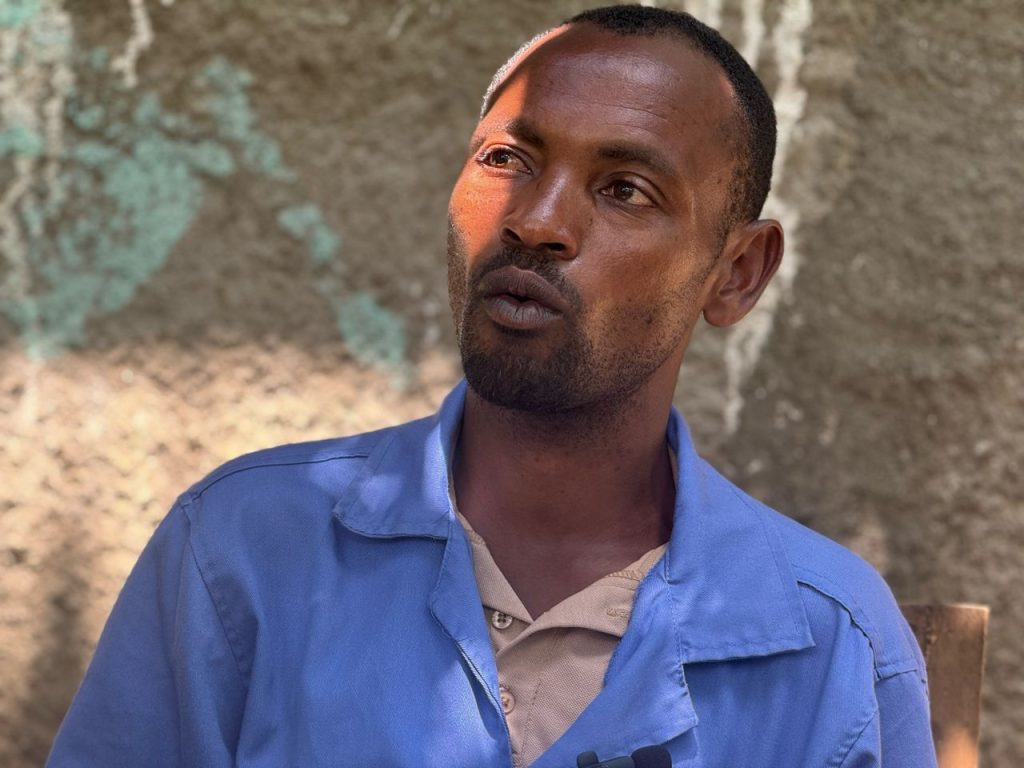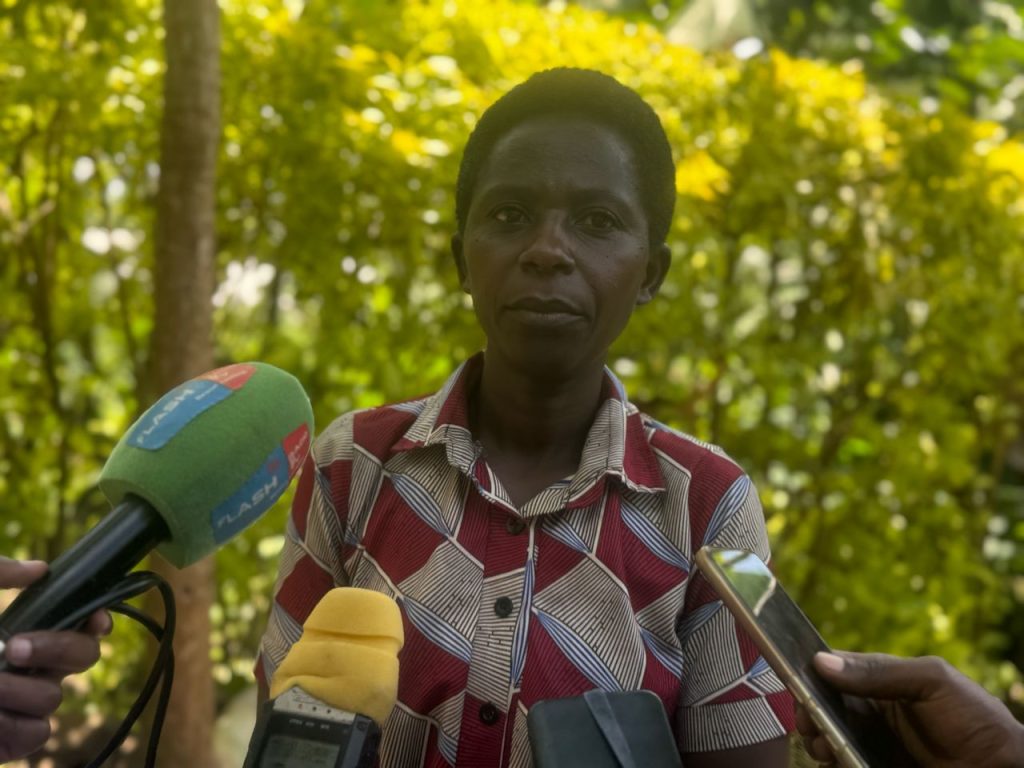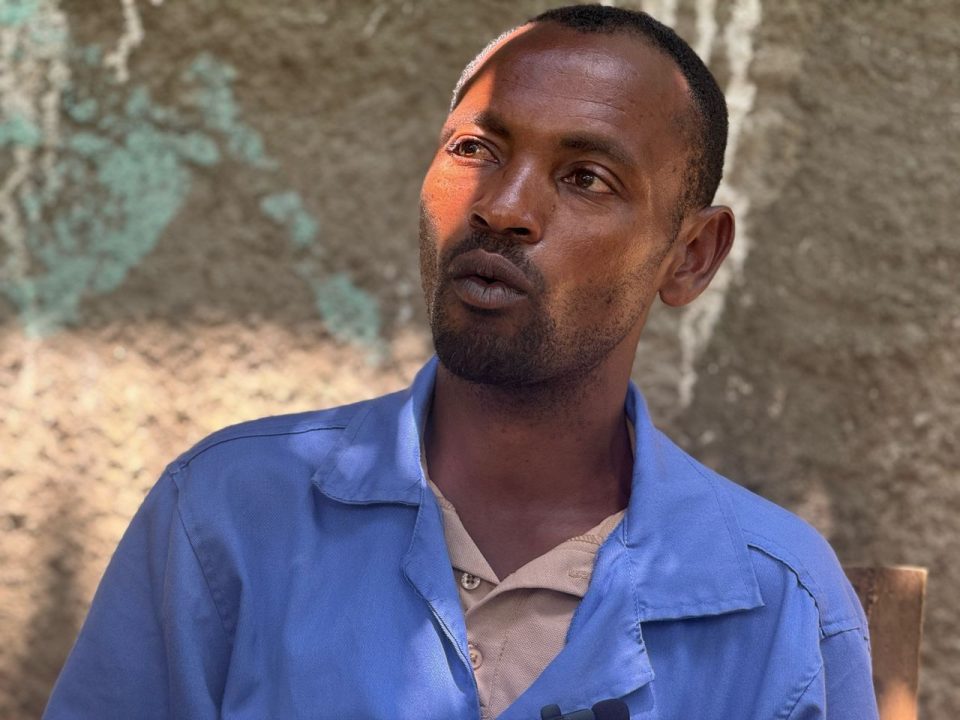Rwanda has over the years seen a significant decrease in malaria cases, credits to different initiates by the government, among them the screening and treatment of the disease by Community Health workers.
Karongi district, is one place where these CHW have played a pivotal role in this fight where 95% of all cases are treated at a lower level.
Emmanuel Musabyimana, a CHW from Gitwa village, highlighted the effectiveness of their interventions in treating malaria.
“We are well-equipped to diagnose and provide appropriate treatment to malaria patients. Severe cases are promptly referred to nearby health centers. Our approach is patient-centered,” Musabyimana explained.

Yvonne Uwitonze, whose child has been treated by the CHW commends and praises the initiative, saying it saves them long distance travels to and from health centers.
“Malaria is no longer a major concern in our area. CHWs conduct tests and administer medication right here in the village. we used to travel long and expensive journeys to get treatment, but it’s different now, CHW have really played a very big role, even in educating us”, Uwitonze said.

Currently, Rwanda has over 58,000 CHWs, where every village has up to four, and their care is not only limited to malaria, but other cases mainly in children.
Rwanda has in the last year recorded 621,463 new malaria cases, which claimed 51 lives, and 59% of all the cases have been treated by CHWs.


